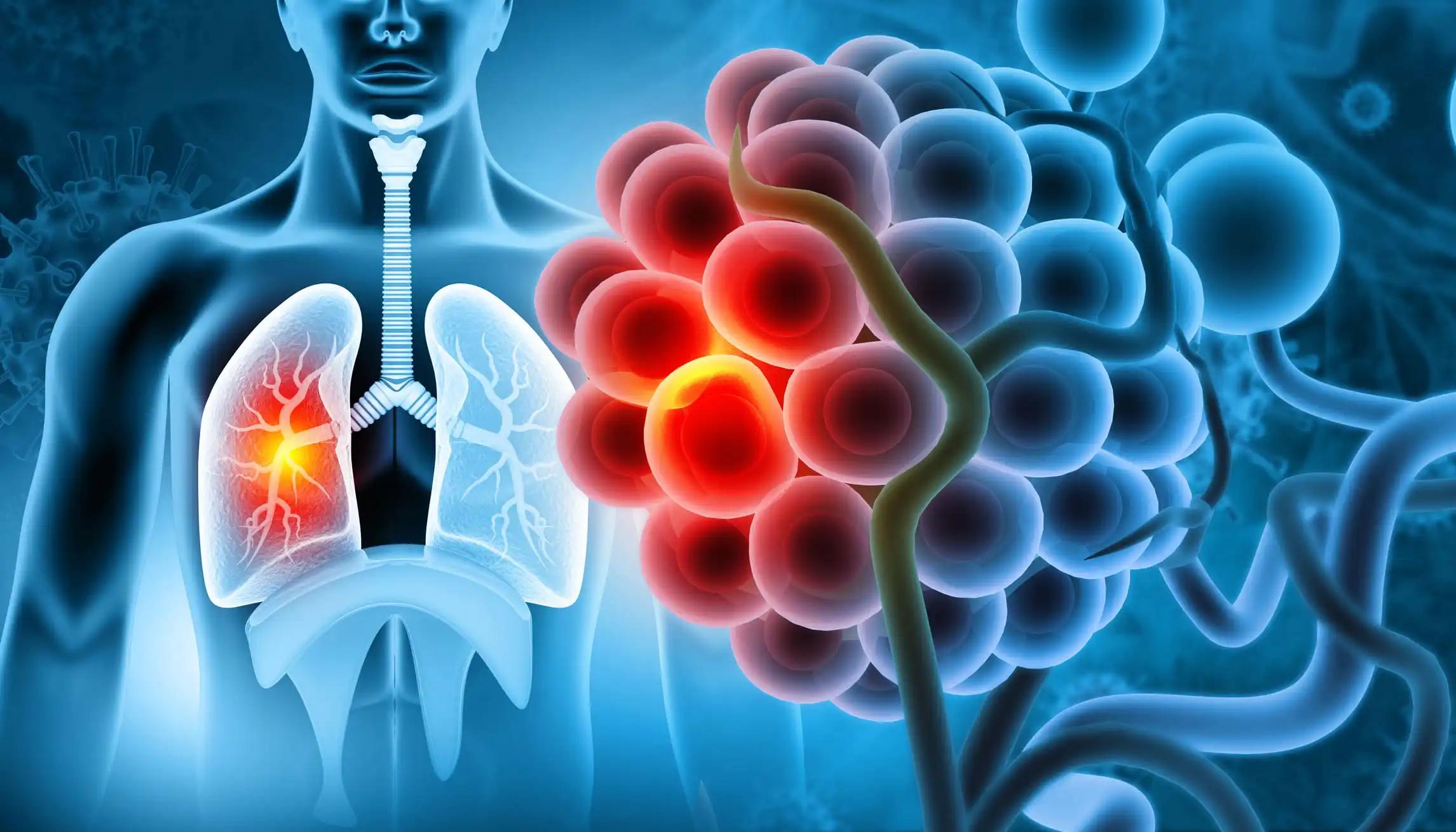KEY TAKEAWAYS
- The EMPOWER-Lung 1 (NCT03088540) study is a randomized 1:1 open-label Phase 3 trial, which assessed PROs at baseline and during treatment cycles using the European Organisation for Research and Treatment of Cancer QLQ-C30 and Lung Cancer Module (QLQ-LC13) questionnaires.
- Results showed that Cemiplimab monotherapy (CEMI) had a statistically significant favorable effect on overall change from baseline in global health status/quality of life in two regional subgroups (Asia and the Rest Of the World).
- In addition, CEMI demonstrated statistically significant favorable differences in PROs for nausea/vomiting, constipation, physical and role function, fatigue, appetite loss, and alopecia per QLQ-C30 and QLQ-LC13 scales.
- Analysis revealed no statistically significant PRO results favoring chemotherapy over CEMI on any QLQ-C30 or QLQ-LC13 scale.
Results from the EMPOWER-Lung 1 (NCT03088540) Phase 3 clinical trial have revealed a trend of improved overall survival with cemiplimab monotherapy (CEMI) treatment compared to platinum-doublet chemotherapy (CHEMO). This was seen in subgroups from Europe (hazard ratio [HR] 0.54, 95% CI 0.39–0.77), Asia (HR 0.76, 95% CI 0.24–2.41), and the rest of the world (ROW: HR 0.59, 95% CI 0.26–1.33) in patients with SCLC and PD-L1 ≥50%. A posthoc exploratory analysis was conducted to assess patient-reported outcomes (PROs) in these three geographic regions to evaluate the findings further. The PROs were measured at baseline and Day 1 of each treatment cycle for the first six cycles.
On Day 1 of every third cycle, use the European Organisation for Research and Treatment of Cancer Quality of Life-Core 30 (QLQ-C30) and Lung Cancer Module (QLQ-LC13) questionnaires. Mixed-model for repeated measures analyses was employed to compare the overall change from baseline scores between the two treatment arms while controlling for baseline characteristics. Baseline PRO scores were similar across all three geographic regions across the two treatment arms. The analysis revealed that CEMI led to a statistically significant improvement in global health status/quality of life in Asia
(12.61, 95% CI 4.44–20.77, P=0.0032) and ROW (9.09, 95% CI 0.89–17.29, P=0.0305) subgroups.
CEMI was also associated with statistically significant favorable differences in all three subgroups in nausea/vomiting and constipation symptoms and the Europe and Asia subgroups in physical and role functioning, fatigue, and appetite loss symptoms per QLQ-C30, and alopecia per QLQ-LC13. In comparison, no analyses yielded statistically significant PRO results favoring CHEMO on any QLQ-C30 or QLQ-LC13 scale. The post hoc exploratory analysis of PROs from EMPOWER-Lung 1 demonstrated a favorable benefit-risk profile for CEMI versus CHEMO in patients with SCLC and PD-L2 ≥50% across the three regions evaluated. CEMI led to a significant overall improvement in multiple patient-reported cancer-related and lung cancer-specific functions and symptoms.
Source:https://oncologypro.esmo.org/meeting-resources/esmo-asia-congress/patient-reported-outcomes-with-cemiplimab-versus-chemotherapy-in-advanced-non-small-cell-lung-cancer-ansclc-geographic-region-subgroups-in-empow
Clinical Trial: https://clinicaltrials.gov/ct2/show/NCT03088540
oncologypro.esmo.org. (n.d.). Patient-reported outcomes with cemiplimab versus chemotherapy in advanced non-small cell lung cancer (aNSCLC): Geographic region subgroups in EMPOW… | OncologyPRO. [online] Available at: https://oncologypro.esmo.org/meeting-resources/esmo-asia-congress/patient-reported-outcomes-with-cemiplimab-versus-chemotherapy-in-advanced-non-small-cell-lung-cancer-ansclc-geographic-region-subgroups-in-empow [Accessed 23 Feb. 2023].



